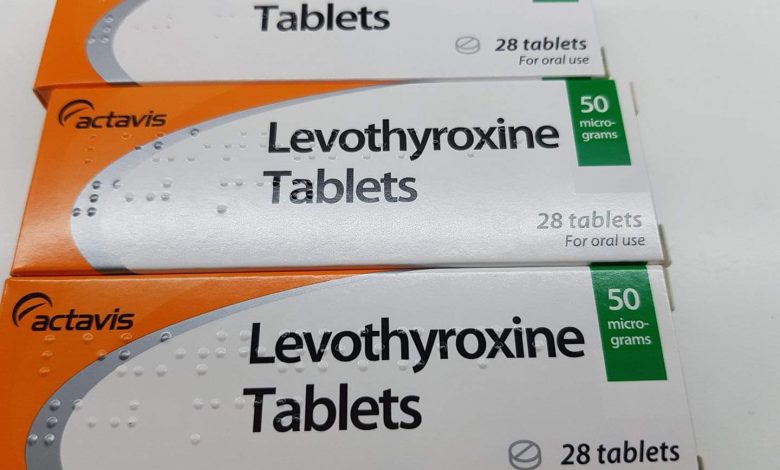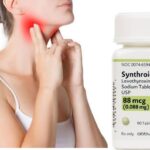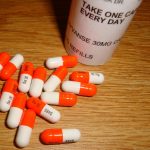Is 50 mcg Of Levothyroxine A High Dose?

Levothyroxine is the main thyroid hormone produced by the thyroid gland and the synthetic form is the most common form of thyroid hormone replacement therapy. Prior to the availability of pure levothyroxine, desiccated animal thyroid extract was the only treatment for hypothyroidism.
Prescription levothyroxine comes as a tablet or capsule you take by mouth. It also comes as an injectable solution that’s only given by a healthcare provider. Levothyroxine oral tablet is used to treat hypothyroidism. This is a condition when your thyroid gland produces too little thyroid hormone. Levothyroxine also can be used to treat goiter, which is an enlarged thyroid gland. It also treats certain types of thyroid cancer.
Levothyroxine oral tablet is available as the brand-name drugs Levoxyl, Synthroid, and Unithroid. It’s also available as a generic drug. Generic drugs usually cost less than the brand-name version. In some cases, they may not be available in every strength or form as the brand-name drug.
Levothyroxine oral tablet may be used as part of a combination therapy. This means you may need to take it with other medications
How it works
Levothyroxine belongs to a class of drugs called hormones. A class of drugs is a group of medications that work in a similar way. These drugs are often used to treat similar conditions. Levothyroxine works by providing the thyroid hormone that your thyroid gland would produce if it were working normally.
How and when to take levothyroxine
Take levothyroxine once a day in the morning, ideally at least 30 minutes before having breakfast or a drink containing caffeine, like tea or coffee.
Food and caffeinated drinks can both stop your body from taking in levothyroxine properly so it does not work as well. If you stop taking levothyroxine, your symptoms are likely to come back.
Is 50 mcg of levothyroxine a high dose?
No, the dose of levothyroxine varies from person to person. Levothyroxine comes in 12.5 micrograms, 25 micrograms, 50 micrograms, 75 micrograms, and 100 microgram tablets.
You may need to take several different tablets to make up your dose. Your doctor will tell you how many tablets to take each day. If you’re taking levothyroxine as a liquid, 5ml can have 25 micrograms, 50 micrograms, 100 micrograms, or 125micrograms in it.
Although starting doses are usually the same, the dose of levothyroxine you end up taking, or how quickly the dose is increased, depends on your symptoms, hormone levels, age, and whether you have any other health problems.
Adults usually start with a dose between 50 micrograms and 100 micrograms taken once a day. This may be increased gradually over a few weeks to between 100 micrograms and 200 micrograms taken once a day. Some people, such as those over the age of 50 or people with heart disease, may start on a lower dose.
What happens if I overdose on Levothyroxine?
Levothyroxine overdose is not a common entity and it can occur accidentally, mostly in children, and can happen intentionally in adults with suicidal ideation especially psychiatric patients. Levothyroxine overdose of up to 4mg per day may be asymptomatic but in patients with concomitant neurotic or psychiatric illness the case might be different. Overdose symptoms may include headache, leg cramps, tremors, feeling nervous or irritable, chest pain, shortness of breath, and fast or pounding heartbeats.
What happens when you are overmedicated on levothyroxine?
Signs and symptoms of thyroid hormone overmedication can vary. In some cases, symptoms of overmedication can be similar to those of hypothyroidism. You may feel more exhausted than usual, or achy and as if you have the flu; you may put on weight, or feel jittery and anxious.





